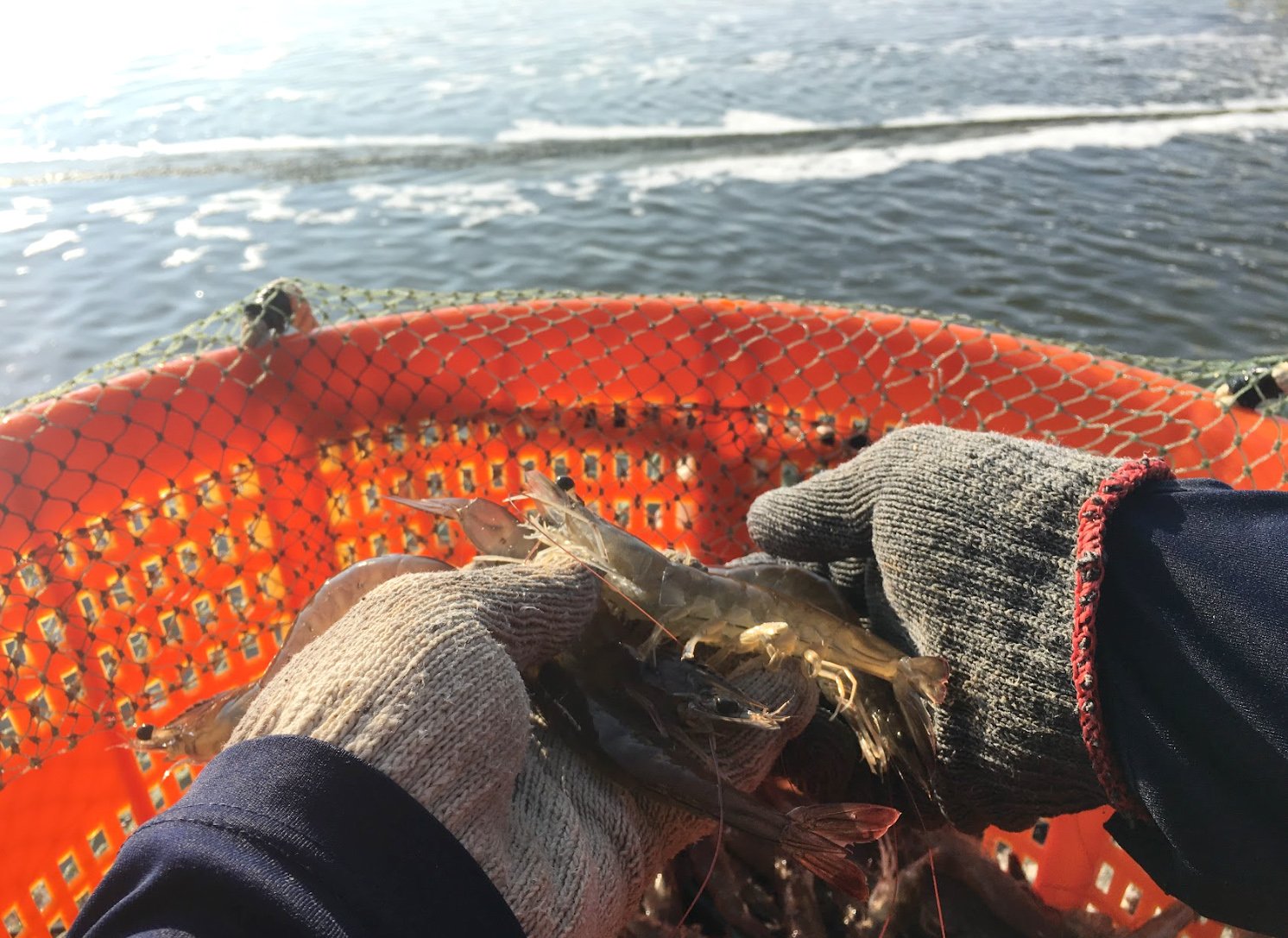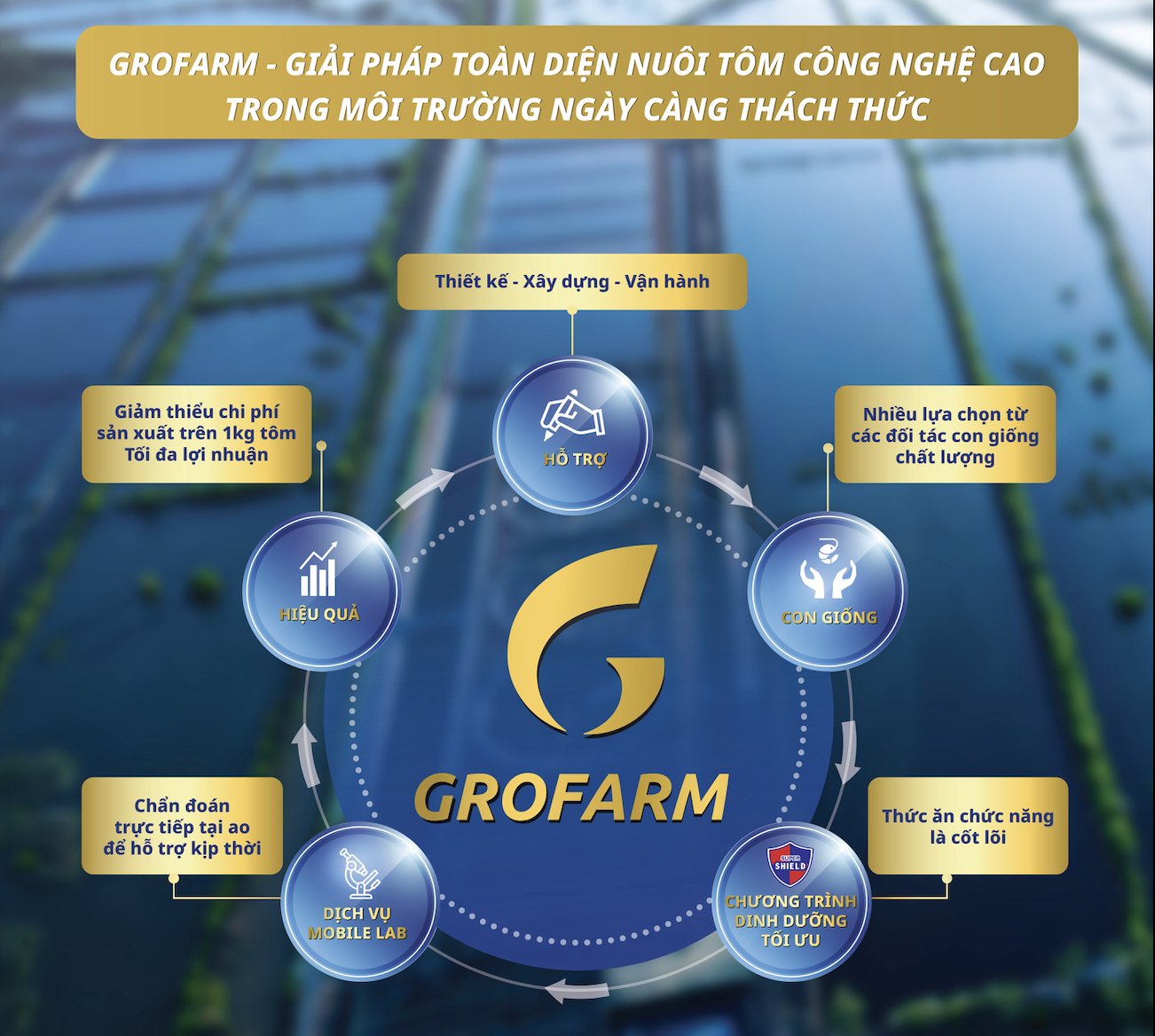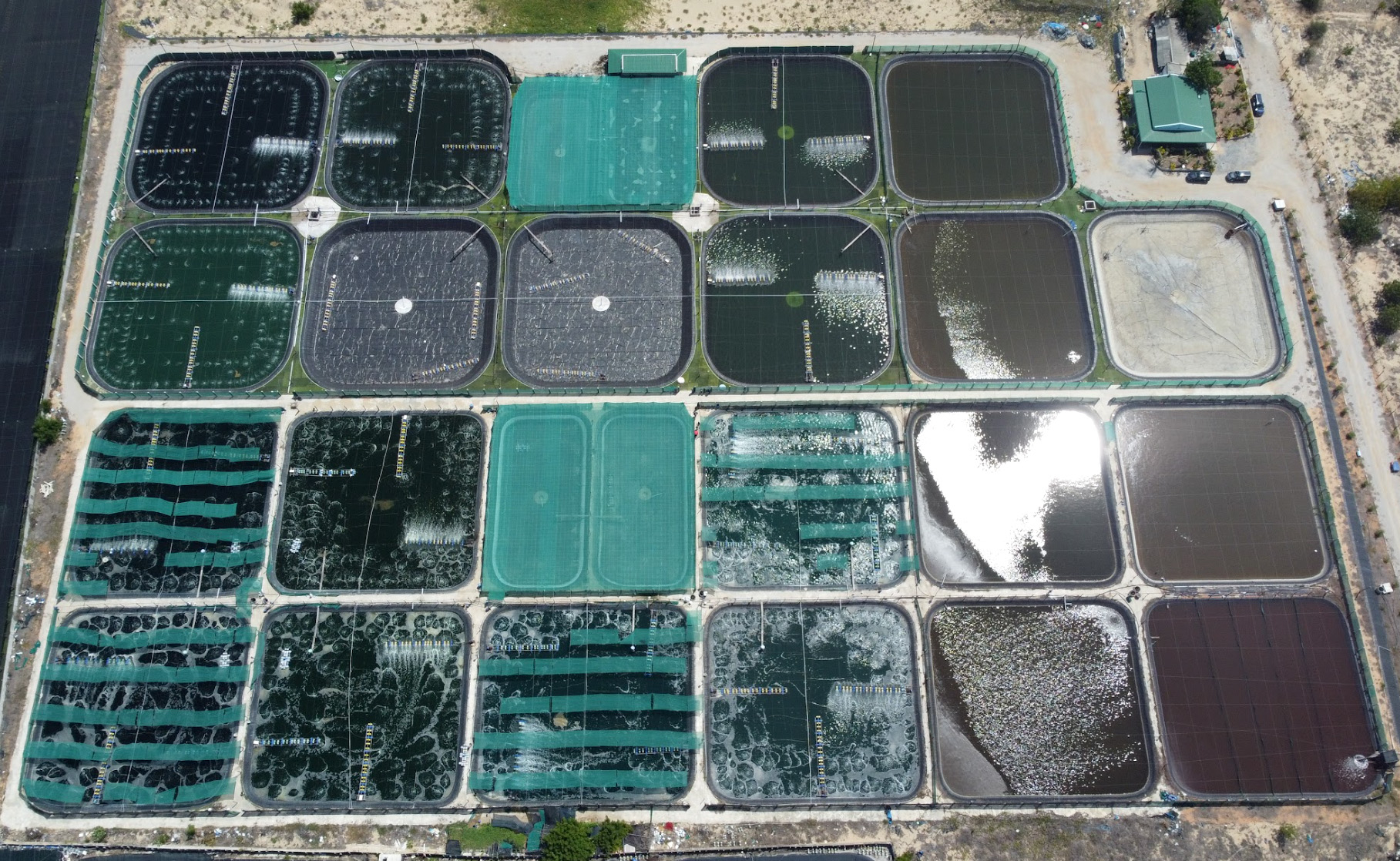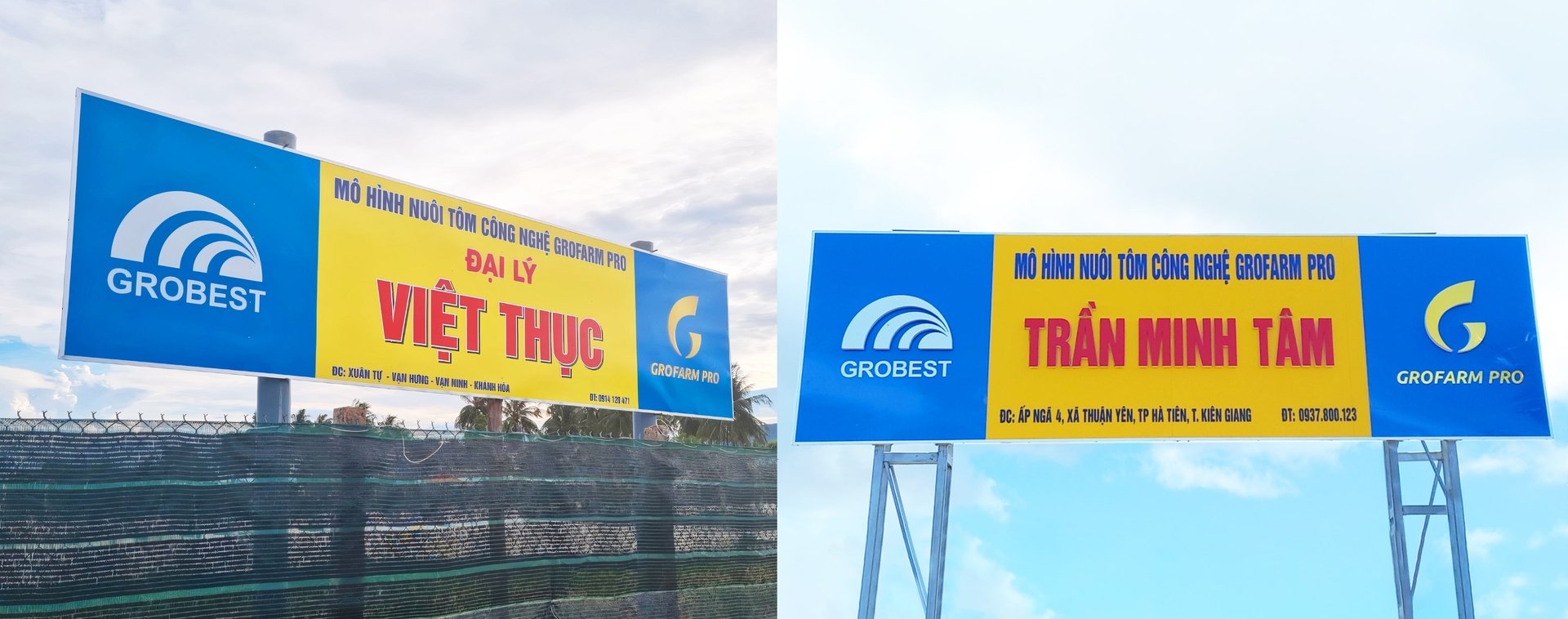May 31, 2025 | 20:53 GMT +7
May 31, 2025 | 20:53 GMT +7
Hotline: 0913.378.918
May 31, 2025 | 20:53 GMT +7
Hotline: 0913.378.918
The challenge facing Vietnam's shrimp industry stems from various factors, which can be primarily attributed to the increasingly difficult aquaculture environment characterized by complex disease outbreaks and disruptions in the supply of raw materials. These factors have raised the production costs per kilogram of shrimp significantly, resulting in a notable decline in the competitive position of Vietnamese shrimp in the international market.

The high production costs exert significant pressure on shrimp farmers and diminish profit margins from shrimp exports.
At the Vietnam Shrimp Forum organized in Bac Lieu province in June 2023, Mr. Le Van Quang, Chairman of Minh Phu Seafood Corporation, expressed concerns regarding the increasing production costs for shrimp farmers. He highlighted that high production costs combined with low purchase prices can result in farmers abandoning the industry.
During the seminar on "Development towards a sustainable shrimp industry" organized in Ho Chi Minh City, Mr. Quang emphasized the need to lower the cost of shrimp production to be comparable with that of India and Ecuador. He stressed that the Vietnam's shrimp production chain can only thrive and regain its position if this cost reduction is achieved. As a result, the shrimp industry requires a fundamental solution to reduce costs in addition to ensuring sustainable production and livelihoods for shrimp farmers.
According to several experts, the shrimp industry should focus on developing a revolutionary solution for the entire value chain with a focus on shrimp farming. Several Vietnamese businesses have recently implemented various shrimp farming models to relatively successful results. A prominent example is the high-tech GROFARM shrimp farming model implemented by Grobest.
Established in 2021, GROFARM's goal is to increase the success rate of shrimp farming and optimize profits for farmers based on five fundamental factors: Support, Breeding, Optimal Nutrition Program, Mobile Lab Services, and Efficiency.

GROFARM by GROBEST Company is a comprehensive high-tech shrimp farming solution in the increasingly challenging environment.
After three years, the model has achieved an impressive success rate of over 85% at shrimp farms nationwide, with notable examples include key regions such as Bac Lieu, Soc Trang, Ca Mau, and so on. Furthermore, Grobest has organized 1038 workshops and specialized training sessions to provide detailed guidance on the GROFARM model to shrimp farmers.

The GROFARM PRO model is currently being implemented nationwide.
Based on the results from the GROFARM model, Grobest's experts have continued to make new improvements to enhance the model. This effort has been realized with the GROFARM PRO model in 2023. Accordingly, the enhanced model has been applied to various high-density and large-scale farming households.
In addition to inheriting all the advantages of its predecessor model, GROFARM PRO brings a difference through the addition and upgrade of three core elements: functional feed from Grobest, a system of new technologies, and a focus on sustainable development goals. Additionally, the collaboration between Grobest and farmers will be reinforced with GROFARM PRO, which encompasses building ponds, selecting breeds, and selling commercial products.

Multiple pioneering farming households have adopted GROFARM PRO model.
GROFARM PRO is designed by Grobest to be adaptable to the region and farmers. Moreover, the model ensures the characteristics of an open ecosystem with specialized partners, which will maintain sustainability and protect the environment. The model will be an exemplary solution in helping Vietnamese shrimp reduce production costs and overcome challenges.
Farmers can also proactively follow the latest results of the GROFARM PRO model on Grobest Vietnam's Fanpage.
Grobest Vietnam's specialists have provided consultation and support to farmers with regards to the new farming system. Accordingly, the ponds will be tailored to the customer's existing pond system or constructed according to their requirements. The shrimp seed sources selected for the GroFarm process undergo meticulous scrutiny and are sourced from leading shrimp hatcheries. This stringent selection process ensures their suitability for each region's crop and caters to the needs of individual customers.
Furthermore, Grobest offers a range of high-quality functional feeds designed to meet the evolving requirements of shrimp at various developmental stages. This strategic approach aids in facilitating successful outcomes for shrimp farming. A noteworthy component of the GroFarm model is the Mobile Lab service, which plays a pivotal role. It conducts on-site health assessments, diagnoses shrimp health, and thoroughly evaluates water quality to provide timely advice on prevailing and potential issues.
By the end of 2021, numerous shrimp farming households which employed the Grobest's GroFarm model have reported highly favorable outcomes with exceptional profit margins.
Translated by Nguyen Hai Long

(VAN) Several scientists and farmers are experimenting with soil treatment in some key durian-growing regions such as Cai Lay (Tien Giang), Dak Song, Gia Nghia, and Dak R’lap (Dak Nong).
/2025/05/25/4127-3-073637_820.jpg)
(VAN) Thanks to the promotion from an FAO-implemented project, vegetable production in greenhouses in Moc Chau has seen strong development, from 1.5 hectares in 2021 to nearly 50 hectares in 2024.

(VAN) FAO has recently supported USD 140,000 to implement the project 'Risk mitigation human-animal interface risks through disease control initiatives in pig farming.'

(VAN) The People's Committee of Tra Vinh province has approved an adjustment to the investment policy for the Green Hydrogen Plant project, increasing its area to approximately 52.76 hectares.
![Reducing emissions from rice fields: [2] Farmers’ commitment to the soil](https://t.ex-cdn.com/nongnghiepmoitruong.vn/608w/files/news/2025/05/05/dsc08881jpg-nongnghiep-140632.jpg)
(VAN) Clean rice cultivation model in Thuong Tan commune, Bac Tan Uyen district, is assisting local residents in achieving sustainable agriculture by substantially reducing costs, increasing productivity, and protecting the environment.

(VAN) At the conference to disseminate Resolution No. 68, AgriS introduced its digital agricultural ecosystem and reaffirmed its commitment to accompanying the Government in promoting private sector development and sustainable agriculture.

(VAN) 'Blue Ocean - Blue Foods' initiative is designed to restore marine ecosystems and establish sustainable livelihoods for local communities by cultivating a minimum of 1,000 hectares of cottonii seaweed in the first three years.